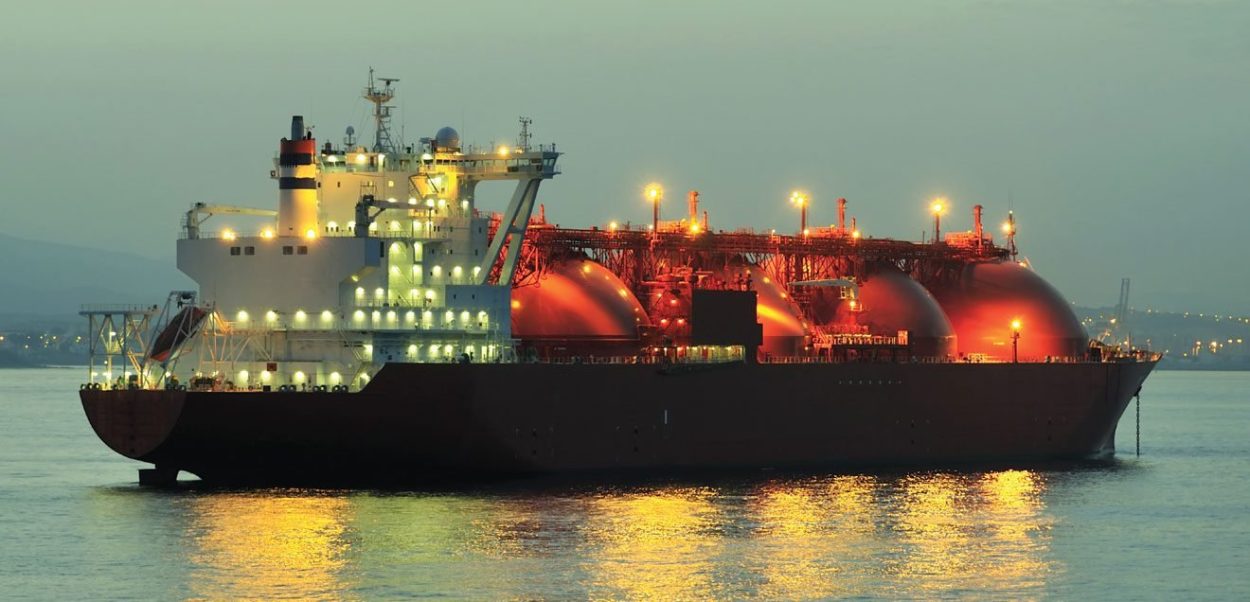Expanding global natural gas access is key to reducing energy poverty, enhancing national security and securing a more sustainable and resilient global economy, Pennsylvania elected officials, industry, and labor organizations highlighted during a committee hearing in Philadelphia yesterday.
“We are the 2nd largest gas producer in the US, making us one of the largest in the world, Senator Gene Yaw, chairman of the Environmental Resources and Energy Committee, said. “Do we act like it? The answer is no.”
While the Commonwealth is uniquely poised to be a leader in this matter of national security, state and national policies have limited our ability to build the infrastructure essential to connecting more consumers with the vital resources found beneath our feet.
“Pennsylvania remains the most economic supply base,” said Chad Zamarin of Williams. “We produce the cleanest natural gas and we as a country need to treasure and take advantage of that.”
Echoing Zamarin’s point was Bruce McKay of Berkshire Hathaway Energy, who spoke on BHE’s Cove Point LNG terminal and the benefits it had brought to the Maryland region as well as nearby states.
“Connected by pipeline to the shale gas region of PA, OH and WV, Cove Point indirectly supports hundreds of regional jobs and economic activity connected to natural gas production, processing, storage, and transportation.”
With natural gas production hitting new records in 2021, “the men and women who work within Pennsylvania’s natural gas industry are up to the task,” to meet growing natural gas demands, Marcellus Shale Coalition President Dave Callahan said during his remarks.
“But we need your help, from advancing sound state regulatory policies that allow the predictable development of needed infrastructure, to continued advocacy with our neighboring states and federal policymakers on the role each of them must play,” Callahan continued.
Positioned close to neighbors in New England and with the ability to export large amounts of LNG from Philadelphia, Pennsylvania is in a primary location to help ease the world of its energy woes.
“If we truly want to invest in LNG, then we need to build the infrastructure to support it,” said Jim Snell of Steamfitters Local 420.
The hearing coincided with State Representative Martina White’s bill to expand Pennsylvania’s capabilities for liquefied natural gas (LNG) export advancing to Governor Wolf’s desk for final action. Her bill would create a Philadelphia LNG Task Force to examine the potential opportunities of constructing an LNG export facility in the Philadelphia region, which would create jobs, strengthen geopolitical ties, and boost the state economy.
“The commonwealth sits on the largest and most strategic energy reserve in the world, and we should recognize that we are blessed to have it,” said EQT’s Will Jordan.
For European leaders, advancing Pennsylvania natural gas exports is key to the continent’s long-term energy and national security efforts.
“Releasing Pa’s natural resources would be the best defense mechanism against tyranny, not just in Eastern Europe but in the world,” Ivo Konstantinov of the American Chamber of Commerce in Bulgaria said.





